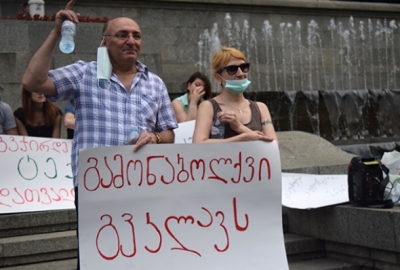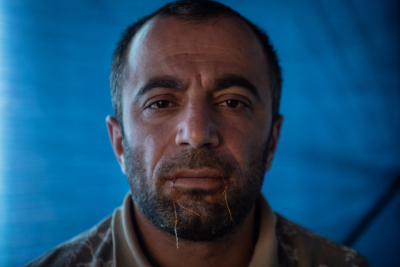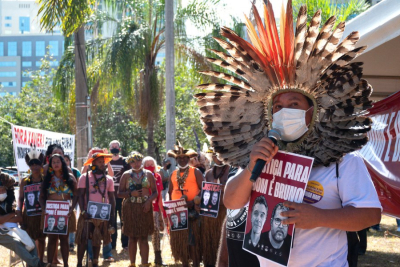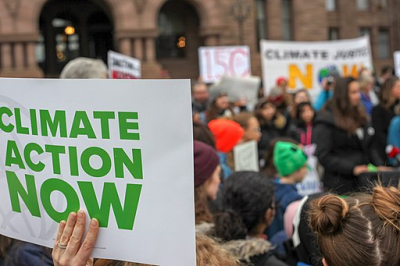Green Alternative is an NGO which was established in 2000 to protect the environment and the biological and cultural heritage of Georgia through promoting economically sound and socially acceptable alternatives, establishing the principles of environmental and social justice, and upholding public access to both information and decision-making processes.
The NGO’s thematic priorities include environmental and social aspects of the energy sector, extractive industries, transport development, promoting biodiversity, conservation, mitigation and adaptation to climate change, and waste and water management. An important area of their work is participation in decision-making on draft legislation, development programs and plans, and major infrastructure projects.
During the many years of their work, the members of Green Alternative have been often attacked by senior government officials with clear attempts to discredit the NGO for criticizing some of the government's actions and big infrastructure projects such as the 702 MW Khudoni Hydropower Plant and the cascade construction of HPPs in Pankisi.
They also strongly opposed a law passed by the Georgian Parliament in March 2012. The law would make it possible to avoid liability for violations in the sphere of environmental protection and use of natural resources in exchange for payments made to the state. Quite naturally, the Green Alternative and other environmental groups stand against it, criticising that some of the biggest Georgian polluters are benefiting from it. For that they were accused by the Georgian Minister of Environmental Protection of a “hypocritical attitude towards the environment” dismissed as “marginalized groups” and claimed that their only purpose was “to paint a horrible picture and blow up a scandal around it.” Meanwhile, the questioned law was cancelled by the Constitutional Court of Georgia, proving that the NGOs’ criticism was well-founded.
Today’s international environmental law relies on the principles of access to environmental information and public participation in decision-making; commitment to these principles has been declared by all countries of the United Nations Economic Commission for Europe (UNECE). By virtue of their independent and uncompromising position, environmental NGOs play an essential role in promoting adherence to these principles of international law, contribute to sustainable development, and advocate balancing environmental, social, and economic interests. This is all to the benefit of current and future generations. But when it comes to decision-making on key environmental issues, governments increasingly tend to blame their own mistakes and lack of effective public participation on environmental NGOs. Governments have been known to accuse them of radicalism and even implying – or openly alleging – that environmentalists serve as “agents of influence” on behalf of other countries. But would environmental impact assessments and public participation really make sense for governments who attempt to discredit opponents and who only want positive feedback and unconditional support of all their decisions?
From information provided in the report 'Dangerous work: Increasing pressure on environmental NGOs and activists in the countries of the former Soviet Union and the U.S.' prepared by Crude Accountability – Ecoforum of NGOs Kazakhstan/ 2017
Further reading:
ENG Green Alternative: About us (old.greenalt.org)
ENG 21/04/2019 Human Rights Organization’s response to the use of police forces in Pankisi Gorge (old.greenalt.org)





